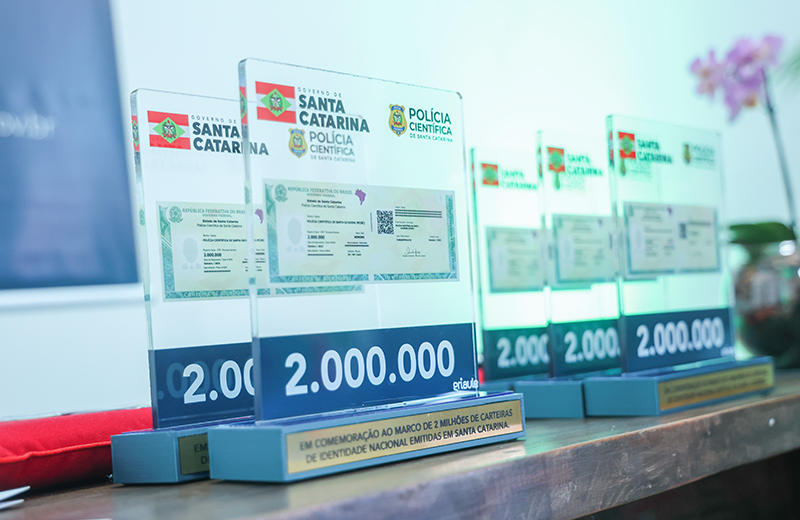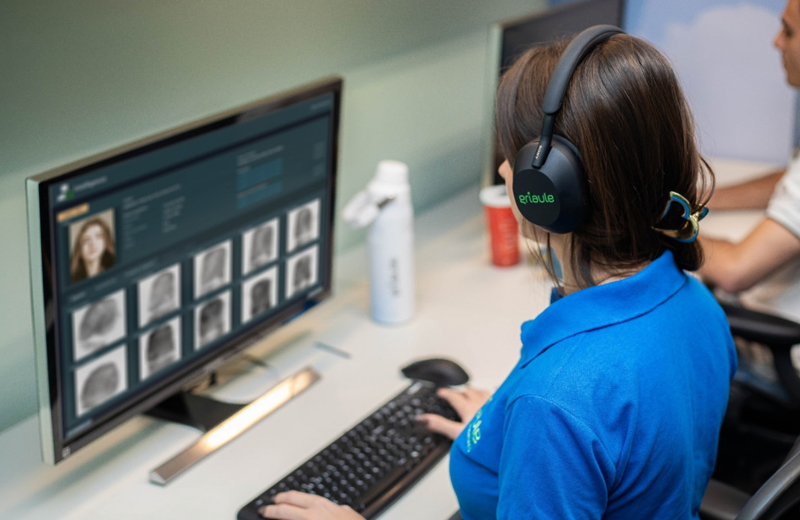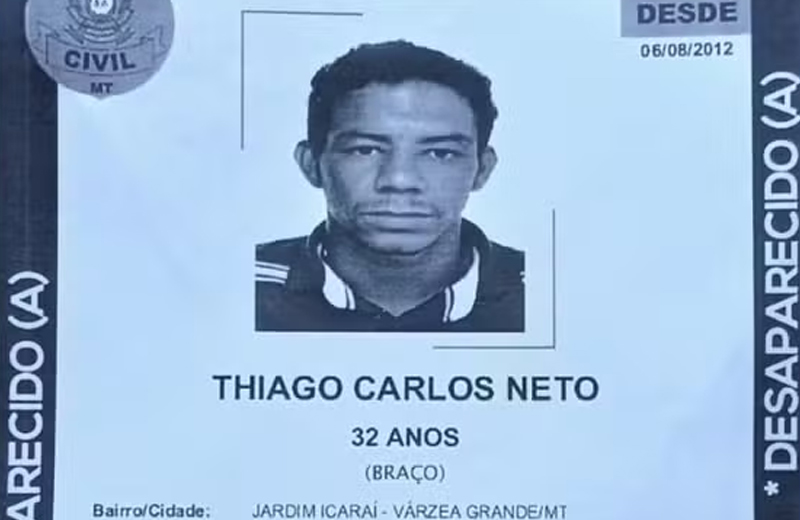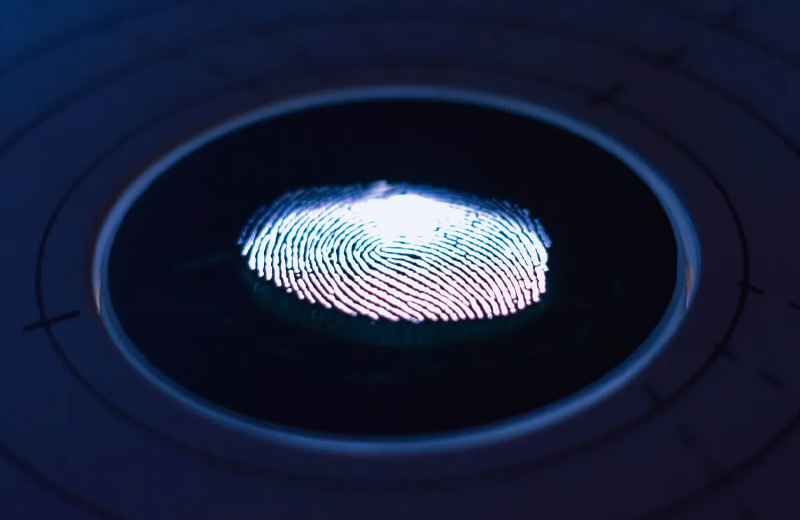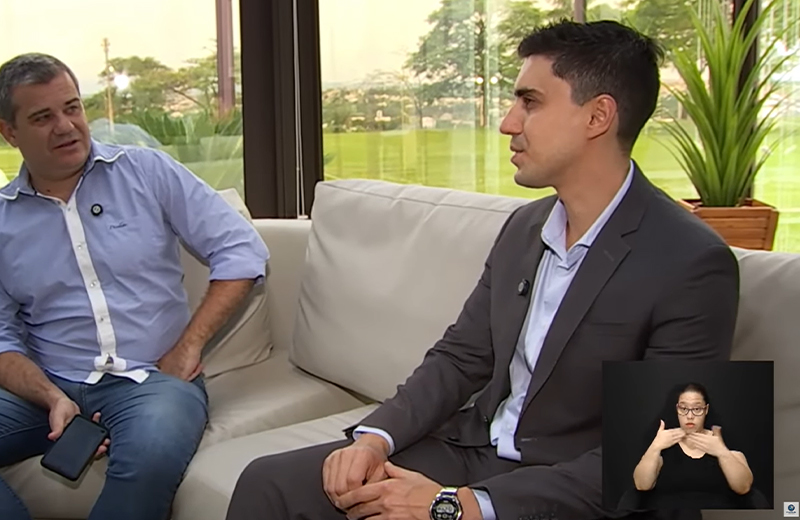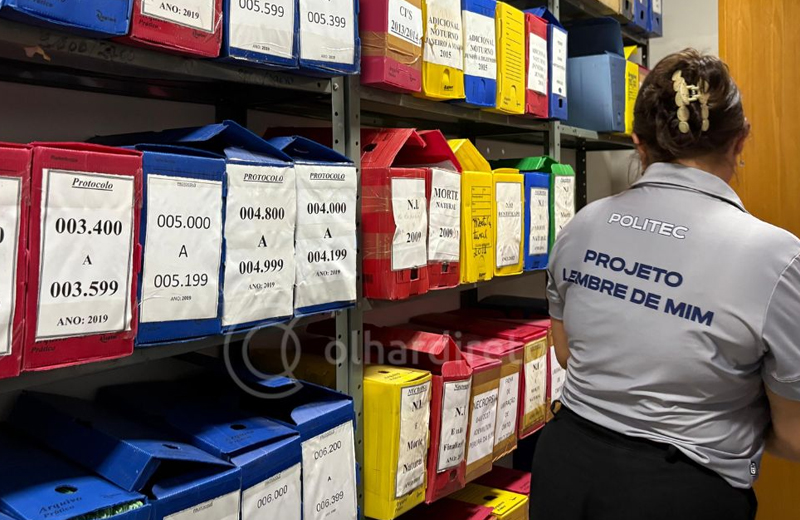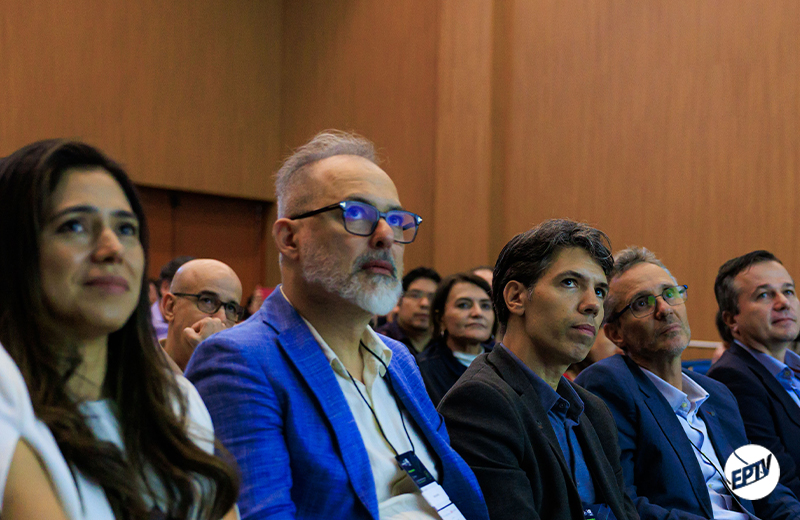Brazilian biometric identity company Griaule wants to increase the international market's share of its financial results. With an estimated turnover of R$60 million in 2022, 85% of which came from the domestic market, the company is betting on complex projects for governments and large companies in the United States, Latin America and Europe.
Founded in 2002, Griaule develops solutions for facial recognition, fingerprinting, palmprinting, newborn identification, iris and latent print recognition, using technologies such as artificial intelligence and machine learning in big data systems capable of processing billions of pieces of data. According to CEO João Weber, who has been in charge for two years, the company provides technology for large-scale projects, often involving long negotiation and implementation cycles. Before him, the position was held by Iron Daher, the company's founder and now a board member.
Among the major projects already carried out is that of the Superior Electoral Court (TSE), which maintains one of the largest biometric databases in the world, gathering information on around 120 million people, with ten fingerprints for each individual. This means that, with each new registration, the system needs to check more than 1.2 billion fingerprints in a few seconds to prevent fraud. Another major client is the Pentagon, home of the US Department of Defense. In 2018, Griaule won an international tender for a project that brought together all forms of biometric identification, gathering data on 85 million citizens of Iraq and Afghanistan, in partnership with local governments. The aim was to facilitate the identification of people linked to terrorist activities by analyzing fragments of artifacts such as bombs to identify who had handled them.
These two cases - one civil and one criminal - reflect the company's two main sources of revenue, which have grown equally and led to a 35% increase in turnover in 2021. In Brazil, Griaule's technology is used by institutions such as Santander, Caixa Econômica Federal, the Brazilian Army and public security departments in several states, including Santa Catarina, Paraná, Minas Gerais and the Federal District. Abroad, with a presence in 70 countries, the company serves the US Department of Homeland Security (DHS), the Israeli government and the state of Chihuahua in Mexico, where its technology helps to recognize corpses in conflicts linked to drug trafficking.
Griaule's focus, according to Weber, is to be a supplier of cutting-edge technology, investing heavily in research and development in all areas of biometric identification, whether by fingerprint, facial recognition, iris or fragments. A recent milestone was the approval of its latent print identification technology by the US National Institute of Standards and Technology (NIST), making it the first solution globally validated by the body, which is the world's leading reference in biometric certification.
Although it has always been active in the international market since its creation at Unicamp in 2002, the company stepped up its global presence in 2016, when it opened an office in the United States, which resulted in a contract with the Pentagon. In 2020, it opened a unit in Lisbon to capture projects in Europe, and in 2021 it opened another office in Mexico City to serve Spanish-speaking countries in Latin America. Currently, around 10% of its turnover is allocated to international projects, especially in the criminal segment, which is considered a highly sophisticated and little-explored niche. Weber, who has a degree in electrical engineering, joined the company in 2015 as strategic project manager and took over as president in July 2021.
This excerpt is part of the complete content published by the Exame website on January 14, 2022, available at this link.

